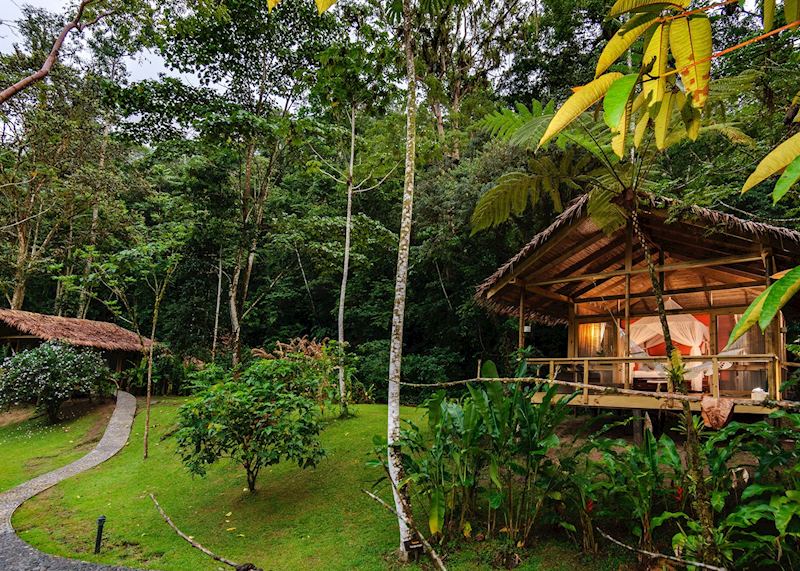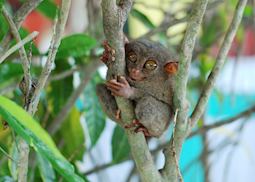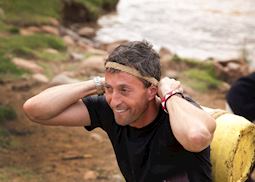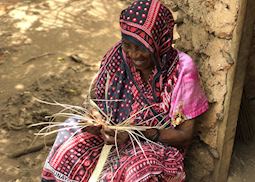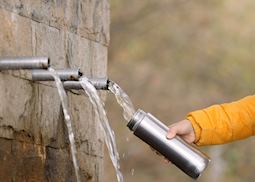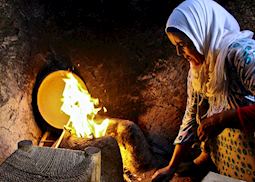
People
At Audley we strive to create a platform to empower and protect our suppliers, employees and clients to take part in Responsible Travel.
Our style of travel — authentic, thoughtful, and focused on building meaningful connections to the people and places you visit — is inherently respectful and considerate of the destinations we love. We design each aspect of your trip exactly as you want it, which includes its sustainability. That might mean choosing a train journey instead of a flight, staying at eco-friendly wildlife lodges, or opting for experiences that give back to the communities you’re visiting. The choice is yours.
We’ve put together a responsible packing guide to help make your next trip more sustainable. From sunglasses made with recycled marine plastic to clothing manufactured to order from eco-friendly materials, we’ve curated a list of five brands we hope you’ll love. Each of them is a B Corporation™, just like Audley, so when you buy from them, you know you’re making a positive choice for the planet.
We’ve hand-selected a collection of stays and experiences that go above and beyond to make a difference. They do so by supporting local businesses, educating staff, challenging the norms, or promoting conservation and biodiversity efforts. And when you choose them for your trip, you can rest assured you’re leaving behind a positive impact. Look out for the ‘Responsible Choice’ badge to discover stays and experiences that speak to you.
We’re proud to be a Certified B CorporationTM. This means that we’re part of a global community of businesses that meet high standards of social and environmental performance, transparency, and accountability.
Sustainability is a part of Audley’s DNA, especially our focus on preserving and supporting the communities and environments that you visit with us. B Corp Certification is an important step in our journey to provide you with the most thoughtful travel experience possible. When you travel with us, you’ll have the reassurance that your investment leaves a positive impact on our people, communities, and the planet.
Certification notice
“Certified B Corporation” is a trademark licensed by B Lab, a private non-profit organization, to companies like ours that have successfully completed the B Impact Assessment (“BIA”) and therefore meet the requirements set by B Lab for social and environmental performance, accountability, and transparency.
It is specified that B Lab is not a conformity assessment body as defined by Regulation (EU) No 765/2008, nor is it a national, European, or international standardization body as per Regulation (EU) No 1025/2012. The criteria of the BIA are distinct and independent from the harmonized standards resulting from ISO norms or other standardization bodies, and they are not ratified by national or European public institutions.
Our annual Responsible Travel and Sustainability Report highlights our responsible travel and sustainability achievements each year.
We’ve learned that collaboration and sharing best practices is important in building upon our efforts and those of others in the industry, and we hope our report can inspire people to take the steps necessary to travel responsibly.
We were granted the Travelife Partner award in January 2020. The award is recognition for the long-term efforts and commitment we’ve shown in improving our sustainability and Corporate Social Responsibility. Compliance required meeting more than 100 criteria related to our office management, product range, international business partners and client information.
Travelife, which has been established with the support of the European Commission, is the leading international sustainability certification in the travel sector. More than 35 national travel associations are promoting the scheme to their members, including ABTA, The British Travel Association and PATA.
At Audley, we're committed to helping you travel responsibly by minimising your impact on the destinations you visit. That's why we’ve partnered with Water-to-Go to help reduce your plastic use while travelling, offering all clients a 20% discount on reusable water bottles and replacement filters by using the code 'AUDLEY20'.
On top of that, 10% of every purchase will be donated to Take 3 for the Sea, one of the charities that we support through the Audley Travel for Good Fund. The charity is dedicated to cleaning up the oceans and beaches, with the simple but effective message: 'Take three pieces of rubbish with you when you leave the beach, waterway or — anywhere, and you have made a difference.'
At Audley we strive to create a platform to empower and protect our suppliers, employees and clients to take part in Responsible Travel.
Our responsible travel approach to the planet includes our policy on animal encounters and carbon offsetting.
Learn about the Audley Travel for Good Fund, the charities it supports, and how you can make a difference.
Read our policies on diverse topics from child welfare to modern slavery.
Our first-hand advice for benefitting the places you visit on your travels and lowering your carbon footprint.

